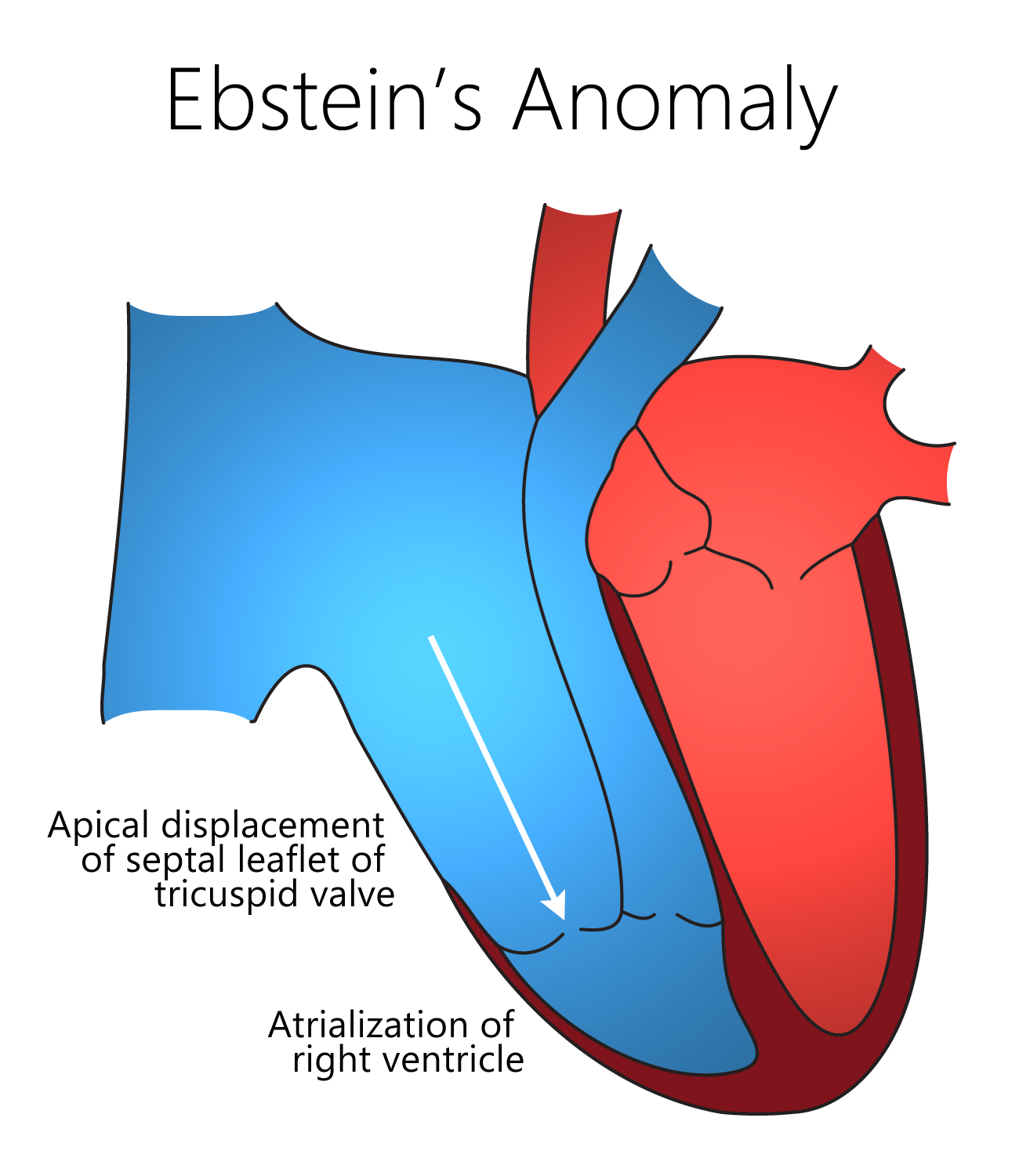WBR0514: Difference between revisions
YazanDaaboul (talk | contribs) No edit summary |
YazanDaaboul (talk | contribs) No edit summary |
||
| Line 1: | Line 1: | ||
{{WBRQuestion | {{WBRQuestion | ||
|QuestionAuthor=[[User:Gonzalo Romero|Gonzalo A. Romero, M.D.]], {{SSK}} (Reviewed by Serge Korjian) | |QuestionAuthor=[[User:Gonzalo Romero|Gonzalo A. Romero, M.D.]], {{SSK}} (Reviewed by Serge Korjian and {{YD}}) | ||
|ExamType=USMLE Step 1 | |ExamType=USMLE Step 1 | ||
|MainCategory=Pharmacology | |MainCategory=Pharmacology | ||
| Line 35: | Line 35: | ||
|AnswerE=Excessive and unreasonable anxiety that interferes with normal function | |AnswerE=Excessive and unreasonable anxiety that interferes with normal function | ||
|AnswerEExp=[[Generalized anxiety disorder]] (GAD) is characterized by excessive and unreasonable anxiety that interferes with normal function. The optimal The optimal pharmacological therapy for GAD is [[SSRI]] | |AnswerEExp=[[Generalized anxiety disorder]] (GAD) is characterized by excessive and unreasonable anxiety that interferes with normal function. The optimal The optimal pharmacological therapy for GAD is [[SSRI]] | ||
|EducationalObjectives=Lithium is a mood stabilizer indicated for bipolar disorder. Lithium administration during pregnancy is associated with the development of Ebstein's anomaly, especially when administered during the first trimester. Bipolar disorder classically presents with alternating symptoms of depression and episodes of mania. | |EducationalObjectives=Lithium is a mood stabilizer indicated for bipolar disorder. Lithium administration during pregnancy is associated with the development of Ebstein's anomaly, especially when administered during the first trimester. Bipolar disorder classically presents with alternating symptoms of depression and episodes of mania. | ||
|References=Romfh A, Pluchinotta FR, Porayette P, et al. Congenital heart defects in adults: a field guide for cardiologists. J Clin Exp Cardiolog. 2012;(Suppl 8) '''(Image)'''<br> | |References=Romfh A, Pluchinotta FR, Porayette P, et al. Congenital heart defects in adults: a field guide for cardiologists. J Clin Exp Cardiolog. 2012;(Suppl 8) '''(Image)'''<br> | ||
First Aid 2014 | First Aid 2014 page 518 | ||
|RightAnswer=C | |RightAnswer=C | ||
|WBRKeyword=Ebstein's anomaly, Lithium, Bipolar disorder, Mania, Depression, Congenital heart disease | |WBRKeyword=Ebstein's anomaly, Lithium, Bipolar disorder, Mania, Depression, Congenital heart disease | ||
|Approved=Yes | |Approved=Yes | ||
}} | }} | ||
Revision as of 04:08, 7 November 2014
| Author | [[PageAuthor::Gonzalo A. Romero, M.D., Serge Korjian M.D. (Reviewed by Serge Korjian and Yazan Daaboul, M.D.)]] |
|---|---|
| Exam Type | ExamType::USMLE Step 1 |
| Main Category | MainCategory::Pharmacology |
| Sub Category | SubCategory::Cardiology |
| Prompt | [[Prompt::A 5-year-old boy is brought to the emergency department by his mother for difficulty breathing and cyanosis. Physical examination reveals cyanotic extremities and bounding jugular venous pulsations. Initial imaging reveals the cardiac anomaly shown below. Upon further investigation, the mother admits that she received several medications during her pregnancy and did not receive any prenatal care. The physician suspects a medication-induced congenital abnormality. The patient's mother has most likely received medications during pregnancy for which disorder? |
| Answer A | AnswerA::Several mild episodes of increased impulsivity, rapid speech, and insomnia for at least 2 years |
| Answer A Explanation | [[AnswerAExp::Cyclothymia is a mild form of bipolar that lasts for at least 2 years. Psychotherapy is the optimal management approach for patients with cyclothemia.]] |
| Answer B | AnswerB::Hypersomnia, overeating, and mood reactivity |
| Answer B Explanation | [[AnswerBExp::Hypersomnia, overeating, and mood reactivity are the classical symptoms of atypical depression. Treatment typically involves MAO inhibitors and psychotherapy.]] |
| Answer C | AnswerC::Alternating symptoms of depression with episodes of increased impulsivity, rapid speech, and insomnia |
| Answer C Explanation | [[AnswerCExp::Bipolar disorder classically presents with alternating symptoms of depression and episodes of mania. Manic episodes are usually described as significant distractibility, irresponsibility, hedonistic behavior, grandiosity, racing thoughts, psychomotor agitation, insomnia, and talkativeness or pressured speech.]] |
| Answer D | AnswerD::Recurring intrusive thoughts or sensations that cause severe distress and are relieved partly by repetitive actions |
| Answer D Explanation | [[AnswerDExp::Compulsions that are relieved by repetitive behavior are the classical symptoms of obsessive compulsive disorder (OCD). The optimal pharmacological therapy for OCD is SSRI]] |
| Answer E | AnswerE::Excessive and unreasonable anxiety that interferes with normal function |
| Answer E Explanation | [[AnswerEExp::Generalized anxiety disorder (GAD) is characterized by excessive and unreasonable anxiety that interferes with normal function. The optimal The optimal pharmacological therapy for GAD is SSRI]] |
| Right Answer | RightAnswer::C |
| Explanation | [[Explanation:: Ebstein’s anomaly is a congenital heart disease characterized by abnormalities of the tricuspid valve, the right atrium, and the right ventricle. Apical displacement of the tricuspid valve leaflets leads to an atrialized right ventricle that is often too small to circulate sufficient blood. Ebstein's anomaly is relatively rare with an incidence of 1 in 200,000. Patients with severe forms present with cyanosis, dyspnea, and failure to thrive. The majority of these patients have early manifestation of the disease following close of the PDA and may be dependent on the PDA for pulmonary blood flow. Nonetheless, it is not uncommon that manifestations be delayed until childhood, adolescence, and even early adulthood. The development of Ebstein's anomaly has been associated with lithium administration during pregnancy particularly in the first trimester. Lithium is a mood stabilizer indicated for bipolar disorder, which is characterized by alternating symptoms of depression and episodes of mania. Manic episodes are usually described as significant distractibility, irresponsibility, hedonistic behavior, grandiosity, racing thoughts, psychomotor agitation, insomnia, and talkativeness or pressured speech. |
| Approved | Approved::Yes |
| Keyword | WBRKeyword::Ebstein's anomaly, WBRKeyword::Lithium, WBRKeyword::Bipolar disorder, WBRKeyword::Mania, WBRKeyword::Depression, WBRKeyword::Congenital heart disease |
| Linked Question | Linked:: |
| Order in Linked Questions | LinkedOrder:: |
